Fears for Lebanese economy if Saudis impose Qatar-style blockade
BEIRUT (Reuters) - Lebanese politicians and bankers believe Saudi Arabia intends to do to their country what it did to Qatar - corral Arab allies into enforcing an economic blockade unless its demands are met.
Unlike Qatar, the world’s biggest supplier of liquefied natural gas with a population of just 300,000, Lebanon has neither the natural nor financial resources to ride it out, and people there are worried.
Up to 400,000 Lebanese work in the Gulf region, and remittances flowing back into the country, estimated at between $7-8 billion a year, are a vital source of cash to keep the economy afloat and the heavily-indebted government functioning.
“These are serious threats to the Lebanese economy which is already dire. If they cut the transfer of remittances, that will be a disaster,” a senior Lebanese official told Reuters.
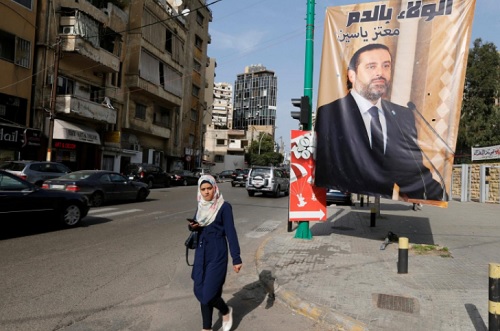
A poster depicting Saad al-Hariri, who has resigned as Lebanon's prime minister is seen in Beirut, Lebanon, November 13, 2017. REUTERS/Mohamed Azakir
Those threats came from Lebanon’s former prime minister, Saad al-Hariri, who resigned on Nov. 4 in a shock broadcast from Riyadh that Lebanese political leaders have ascribed to pressure from the Saudis.
Hariri, an ally of Saudi Arabia, on Sunday warned of possible Arab sanctions and a danger to the livelihoods of hundreds of thousands of Lebanese living in the Gulf.
And he spelled out Saudi conditions for Lebanon to avoid sanctions: Hezbollah, the Iran-backed group that is Lebanon’s main political power and part of the ruling coalition, must stop meddling in regional conflicts, particularly Yemen.
According to a Lebanese source familiar with Saudi thinking, Hariri’s interview “gave an indication of what might be waiting for us if a real compromise is not reached. The playbook is there in Qatar.”
Hariri’s resignation has thrust Lebanon to the center of an escalating rivalry between Sunni Saudi Arabia and Shi‘ite Iran.
The non-confrontational Saudi policy of the past towards Lebanon has gone, analysts say, under the new leadership of Crown Prince Mohammed bin Salman, 32-year-old son of King Salman.
He is now the de facto ruler of the kingdom, running its military, political and economic affairs.
-
Still No Comments Posted.




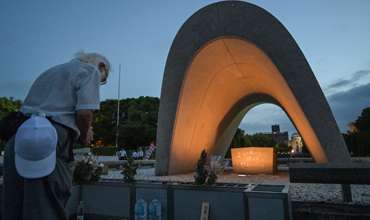
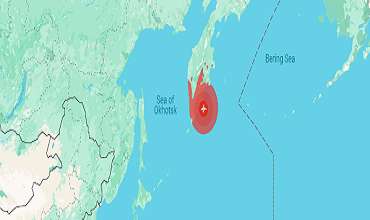

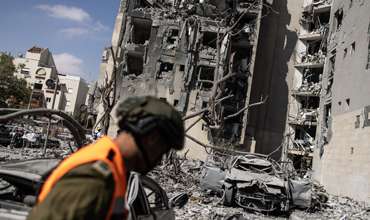
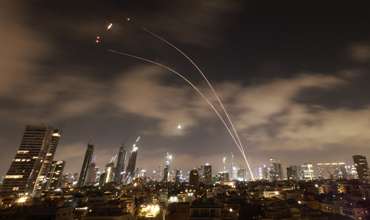

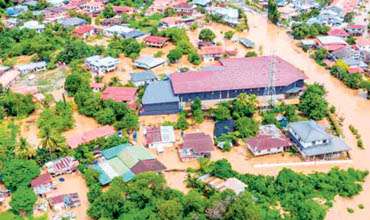
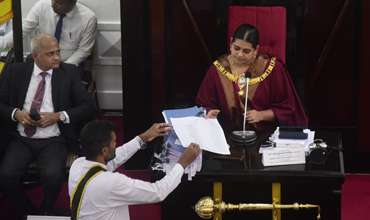
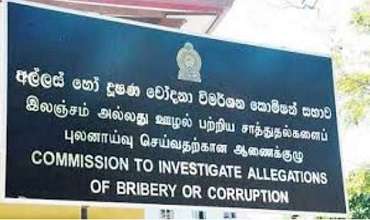
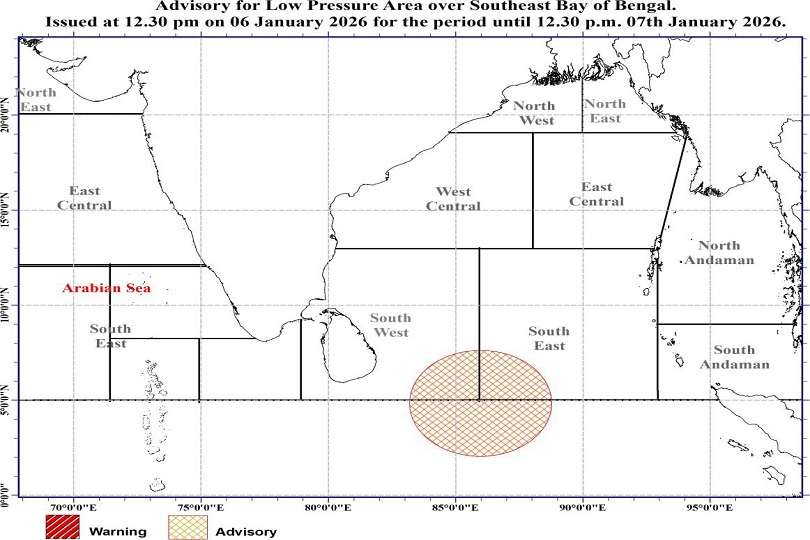


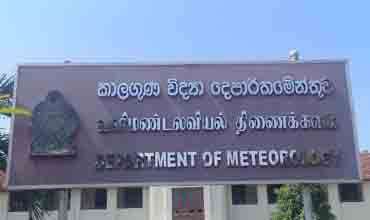
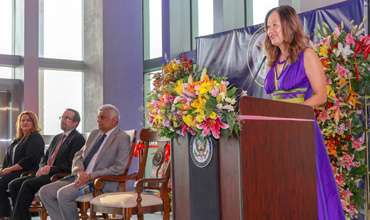
Leave Comments